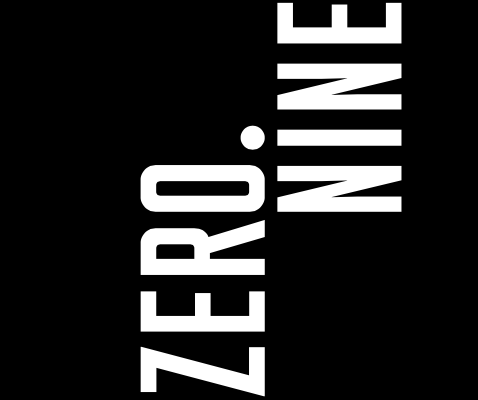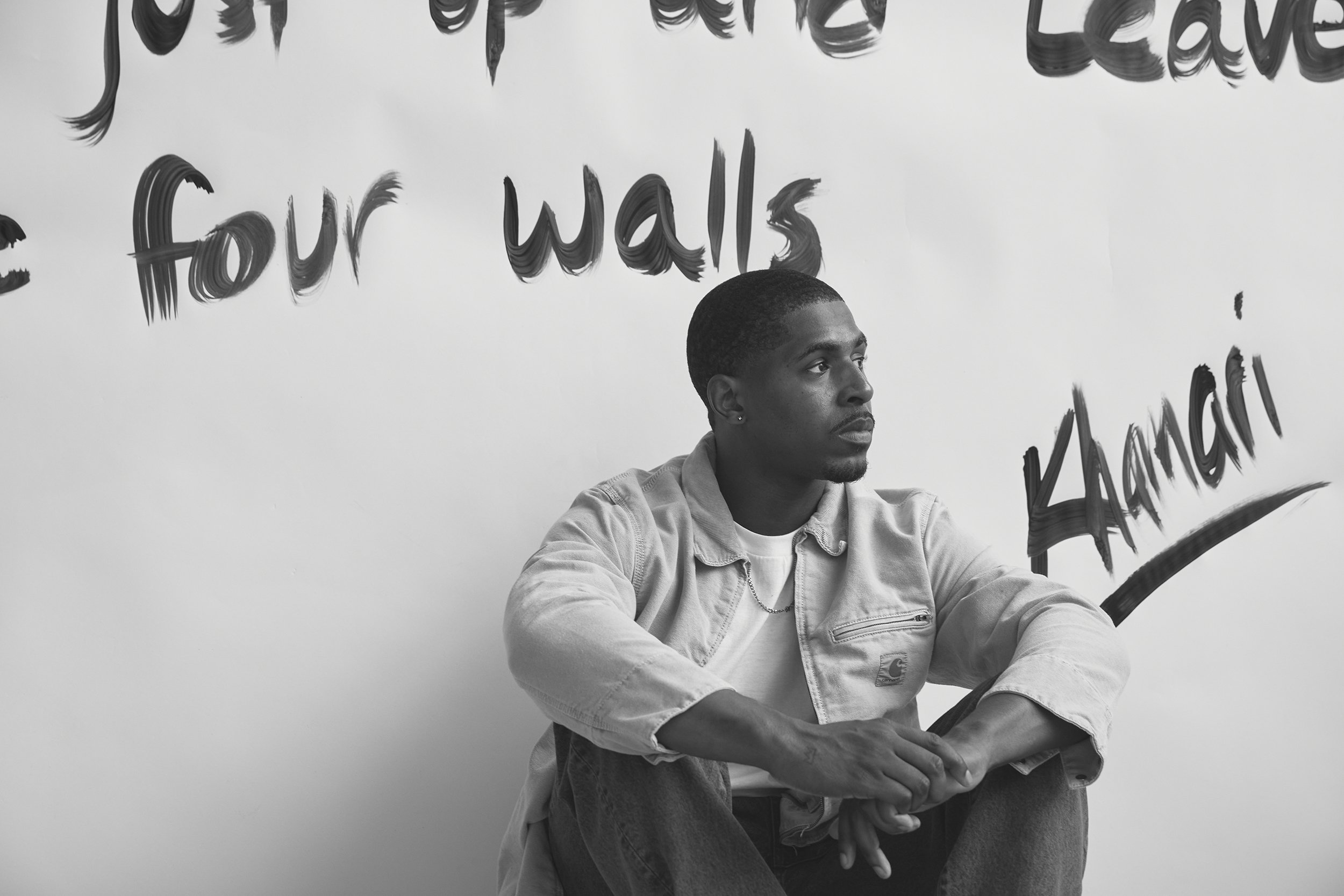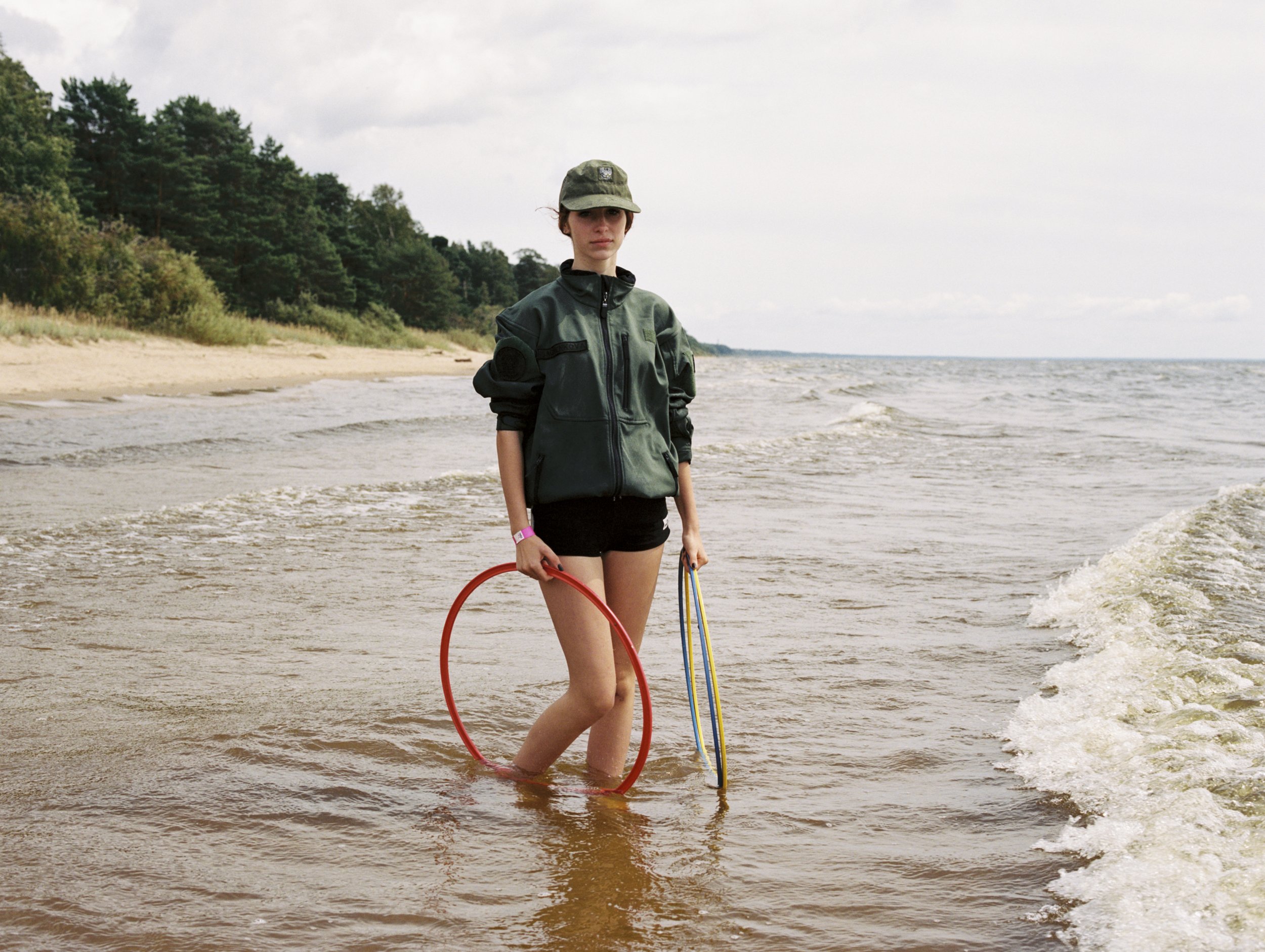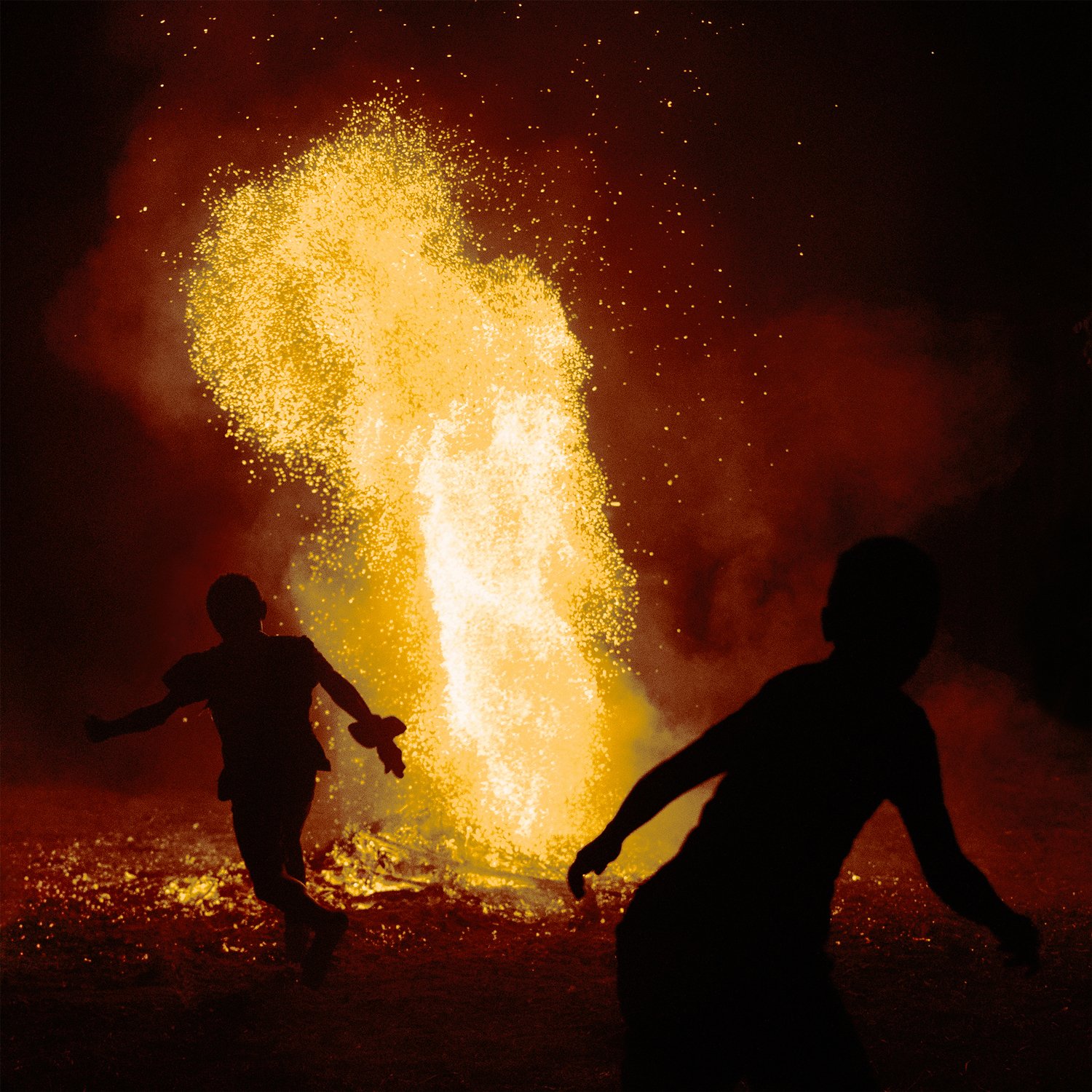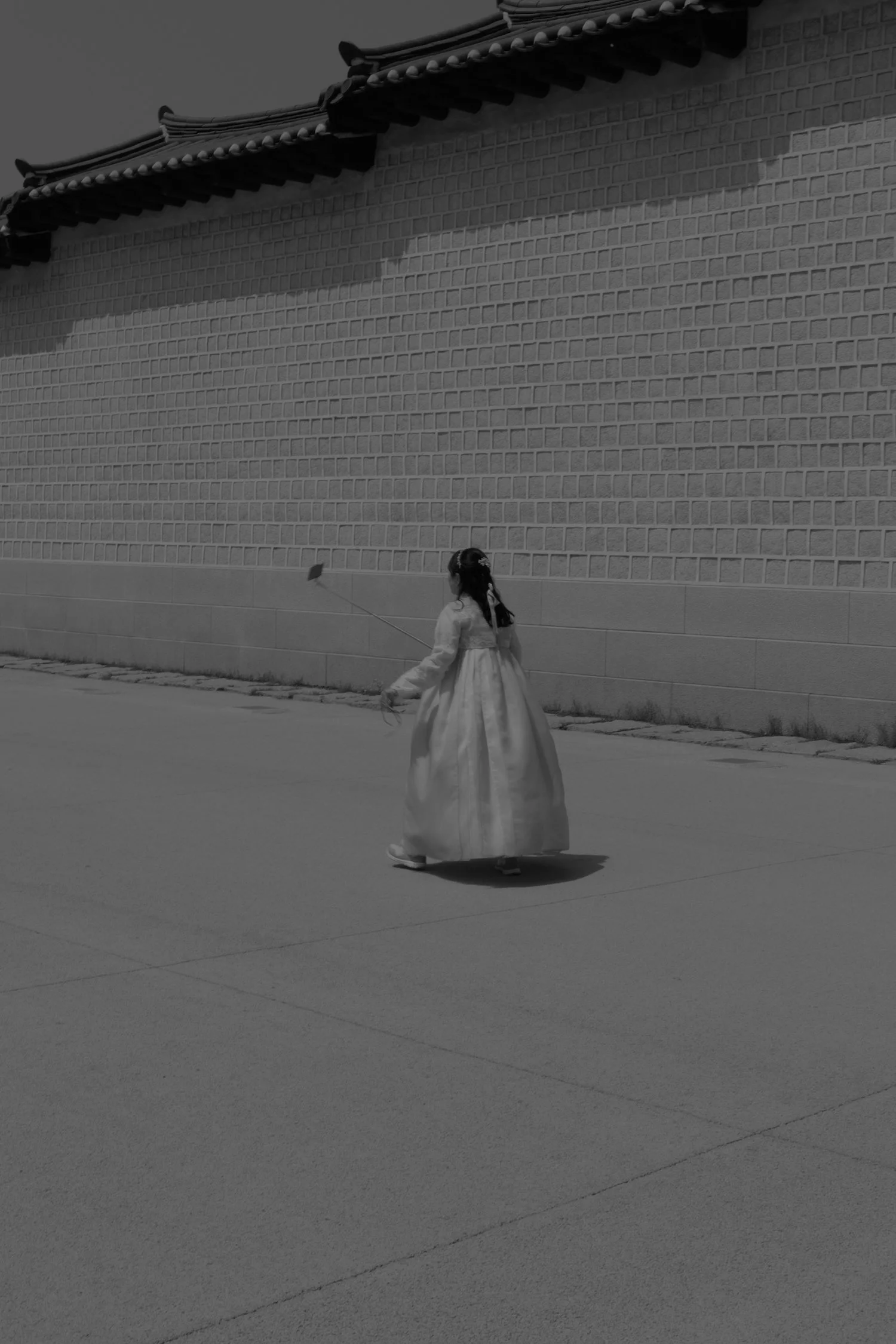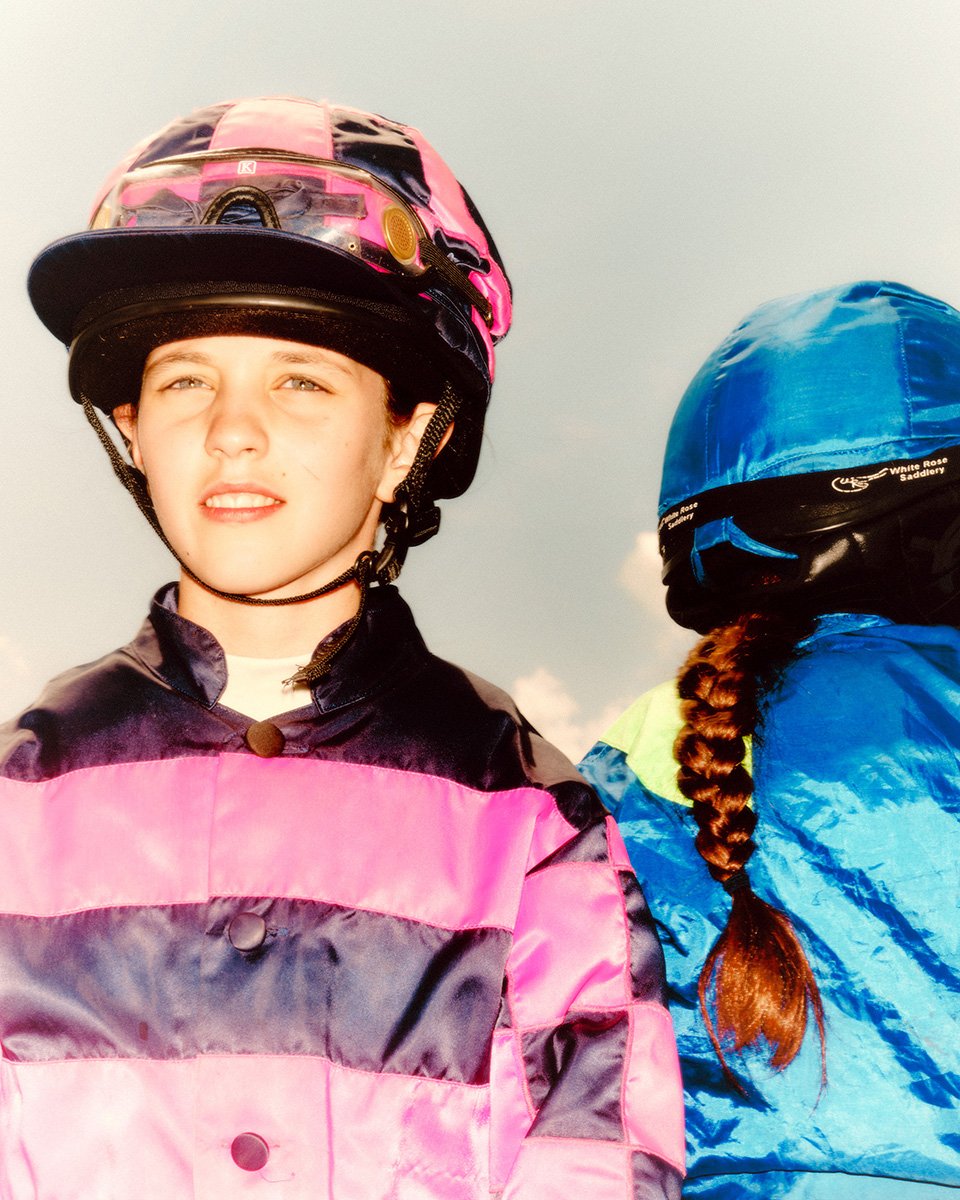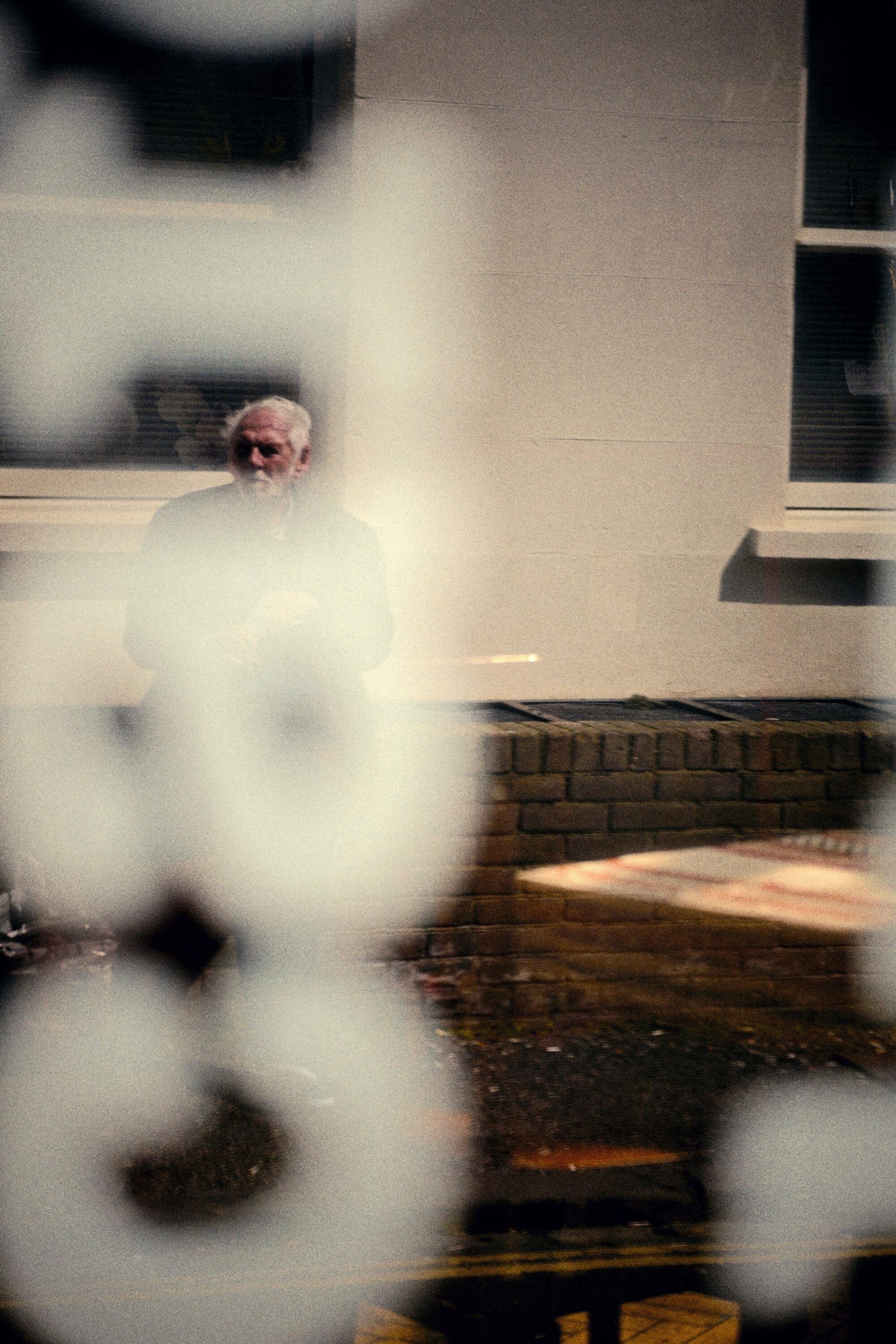Khamari, A Brief Nirvana.
Distinct, yet familiar: LA vocal visionary Khamari, defining the past, present and future of R&B to come, just released his debut album “A Brief Nirvana” with RCA Records. We chat to him at our studios, during his London visit.
Photography JC VeronaHow long were you living in Boston and when did you move to LA? and why did you move to the West Coast?
I grew up in Boston, so I was there up until late 2021 when I moved to the west coast. At the time I had put out the first EP that I made out of my grandfathers attic, and I wanted to surround myself with more creatives. I had already dropped out of Berklee and it was peak covid-shutdown at the time, but Los Angeles still felt like the land of opportunity where I could work with more writers, producers, and visual creatives.
Do you have musicians in your family? What music did you grow up listening to?
No musicians in the family that I know of, but a lot of family members that appreciate music that exposed me to a lot of R&B/ Soul music from a young age. When I was growing up my dad was always playing Jay-Z and my mom was always listening to Alicia Keys and Keyshia Cole. Until I got older I only listened to the classical music I was studying for the most part.
You went to Berklee College of Music, how were your beginnings?
I went to Berklee for a few semesters. It was fun to study music in a more specific way but I wanted to learn to be artist.
Talking about feelings is sometimes hard and the way you do it seems very free. How is your songwriting method?
I go through periods of time where I’m just going through my day-to-day really open minded and absorbing a bunch of influences that may be helpful down the line. I look for other artists’ approach to telling stories whether it’s in a movie, song, conversation, or a painting, and I use pieces what I connect to build something new. A large part of it is trial and error too. Conceptualizing what I want to say, and saying it a hundred different ways until a version feels like the best approach.
Do you have a defined direction when you are making music? What are your inspirations?
A lot of the time now when I go to the studio I go already knowing what I want to say. I keep a list of concepts, words, phrases, and things that I might come across and feel they could be of use later because of the lessons I learned early in the process is that you can be inspired by anything. Sometimes it’s the phrasing of a lyrics sticks out, or the sonic of a synthesizer. Even the form of a song if it’s unusual enough
What genres are you driven by?
Lately I’ve been listening to everything, from Rock, Classic Rock, Soul, Jazz, Hip-Hop, R&B. I stay the most inspired when I listen to everything and try to find things I like about it even if it’s not in a genre I would naturally gravitate to.
“Finding the collaborators that had a similar perspective and taste was the hard part.”
Congratulations on the debut album, A Brief Nirvana. How long were you working on it? and how was the collaboration process?
I probably worked on this project for about two and a half years. Most of the process at the beginning was me finding the sonics and voice I wanted for the project, and finding the right collaborators. I was developing quickly as a writer and producer, because I was being exposed to so much music. Finding the collaborators that had a similar perspective and taste was the hard part.
Do you like performing live or you are that kind of artist that feel more comfortable at the studio?
Either one. I’m comfortable doing anything as long as I’ve had the opportunity to be thoughtful enough about it.
What would you say music can contribute to fight injustice?
When influence shifts from one generation to another, there’s a lot of indirect teaching, learning, and perspective the older and younger generations get. As long as there are artists making things that feel real to their perspective, the culture moves forward.
What do you think about how the power of the social media algorithm is changing the music industry?
I think it’s dope that it’s easier for artists to be connected to their audience. And I hope that we find more ways to allow artists to connect, aside from just over-saturation and over-exposing themselves.
Are you superstitious?
Aren’t we all?
